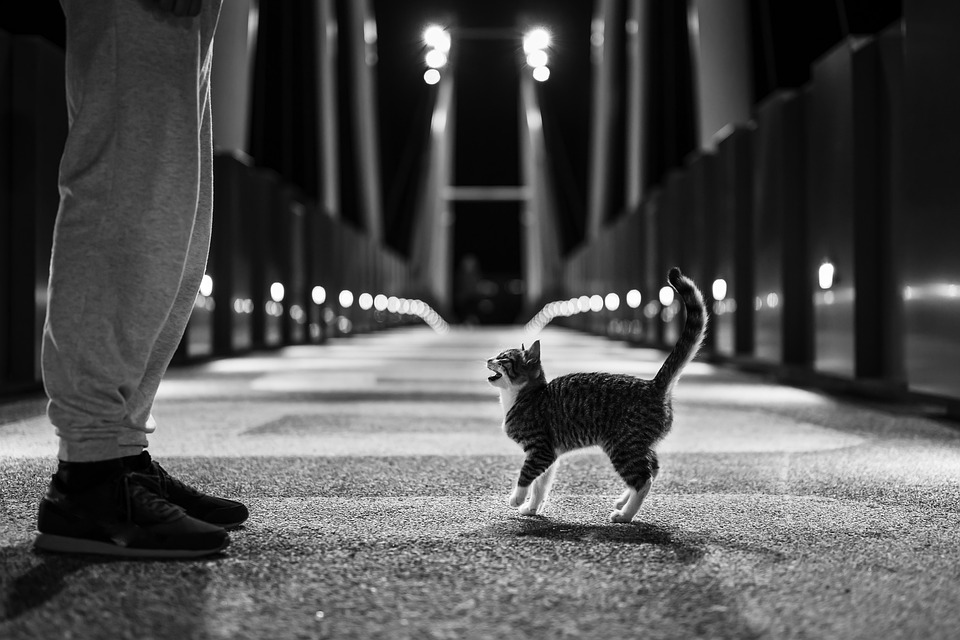As cat owners, we want the very best for our furry companions, especially as they enter their golden years. Senior cats, typically aged 7 years and older, require extra care and attention to ensure they stay healthy and happy. One crucial aspect of senior cat care is regular veterinary check-ups. In this article, we will explore the significance of these check-ups and provide answers to some frequently asked questions regarding senior cat health.
Why are regular veterinary check-ups important for senior cats?
1. Early detection of age-related health issues:
Recognizing potential health problems in senior cats is challenging, as they are masters at hiding their discomfort. Regular check-ups allow veterinarians to identify any age-related health issues at an early stage, leading to better treatment outcomes.
2. Prevention and management of chronic conditions:
Senior cats are more prone to chronic conditions such as arthritis, diabetes, kidney disease, and dental issues. Regular check-ups enable veterinarians to implement preventive measures and manage these conditions effectively, enhancing your cat’s overall quality of life.
3. Tailored nutrition and dietary recommendations:
As cats age, their nutritional needs change. Regular veterinary check-ups ensure that your senior cat is receiving the appropriate diet and necessary supplements to support their aging body and maintain good health.
4. Dental health evaluation:
Oral health problems are prevalent in senior cats. Regular check-ups include dental examinations to identify periodontal disease, tooth decay, or other dental issues. Timely intervention can prevent pain, discomfort, and potential systemic infections.
5. Proper weight management:
Obesity is a common problem in senior cats and can lead to various health complications. During check-ups, your veterinarian will assess your cat’s body condition and provide guidance on weight management strategies, such as diet adjustments and exercise recommendations.
Frequently Asked Questions (FAQs):
Q1. How often should I take my senior cat for a check-up?
A general guideline is to visit the veterinarian at least once a year for a comprehensive check-up. However, in the case of senior cats, it is recommended to schedule check-ups every six months to closely monitor their health.
Q2. What can I expect during a senior cat check-up?
A senior cat check-up typically includes a physical examination, blood work, urine analysis, dental evaluation, and discussion about any changes in behavior or eating habits. The veterinarian may also recommend additional tests based on your cat’s specific needs.
Q3. Are vaccinations necessary for senior cats?
Yes, vaccinations are still essential for senior cats. While some vaccinations may be less frequent in older cats, certain core vaccinations should be kept up to date to protect against potentially life-threatening diseases.
Q4. How can I make the veterinary visit less stressful for my senior cat?
To minimize stress, consider using a comfortable carrier and acclimating your cat to it gradually. Additionally, using pheromone sprays or calming aids, and maintaining a calm and quiet environment during the visit can help ease your cat’s anxiety.
Q5. Are there any signs that indicate I should schedule an unscheduled veterinary visit?
Yes, if you notice any sudden changes in your senior cat’s behavior, appetite, water intake, litter box habits, or mobility, it is crucial to consult your veterinarian promptly. These changes may indicate underlying health issues that require immediate attention.
Regular veterinary check-ups play a vital role in maintaining the health and well-being of our senior feline friends. By being proactive in their care, we can ensure that they enjoy their golden years to the fullest. Remember, age is just a number, and with proper veterinary care, your senior cat can continue to thrive!








